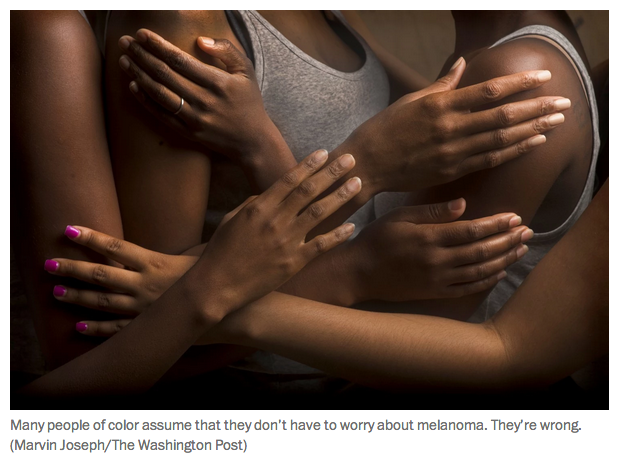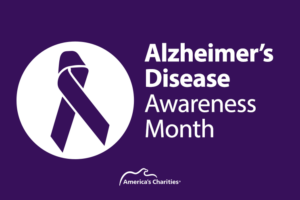Sarah Ford | August 19, 2014
Many blacks are unaware of a skin cancer that primarily affects dark-skinned people
By Marlene Cimons
Betty Jordan always regarded melanoma, the deadliest form of skin cancer, as a white person’s disease. “Whenever I heard the word, my mind would automatically think: ‘Caucasian,’ ’’ she says. “It was something I never worried about.’’ Dark-skinned people produce more melanin — the pigment that gives skin its color — than Caucasians. Melanin helps block damaging ultraviolet rays from the sun and from artificial light sources such as tanning beds, giving people of color greater protection against skin cancer than whites. But they still are susceptible.
So she was shocked five years ago to learn that the quarter-size dark spot on her left foot was acral lentiginous melanoma (ALM), an aggressive cancer that disproportionately afflicts African Americans and other dark-skinned people. “I never paid any attention to it until a friend urged me to see a doctor,’’ she says. “The area was hard to see, and it never occurred to me to get serious about it.’’
Fortunately, it was caught early and removed. The prognosis is excellent for Jordan, 69, a retired Metro computer network engineer who lives in Temple Hills, Md.
But this is not typically the case for dark-skinned people who develop ALM or other skin cancers. Because they often assume they are not at risk, their cancers tend to be diagnosed at a more advanced stage, and patients often face a bleaker outcome.
“It’s true that the vast majority of melanomas occur in fair-skinned people, but it’s important to know that dark-skinned people can get skin cancer, too,’’ says Maral Skelsey…

Get Resources and Insights Straight To Your Inbox
Explore More Articles
Open Position: Customer Service Coordinator (Remote-Part Time)
Position Title: Customer Service Coordinator (Remote – Part Time) Department: Charitable Funds Management Solutions We are a non-profit charitable organization looking for skilled individuals who…
Read ArticleGet Resources and Insights Straight To Your Inbox
Receive our monthly/bi-monthly newsletter filled with information about causes, nonprofit impact, and topics important for corporate social responsibility and employee engagement professionals, including disaster response, workplace giving, matching gifts, employee assistance funds, volunteering, scholarship award program management, grantmaking, and other philanthropic initiatives.




